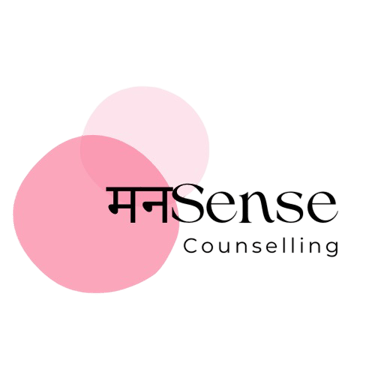How To Overcome Social Anxiety & Build Confidence in Social Settings
Struggling to connect with others? Here are 7 therapist-backed tips to build confidence and ease social anxiety without faking it.
GROWTH MINDSETMENTAL HEALTH & HEALINGSELF GROWTH
Kashmira
5/10/20252 min read



Want to connect with others but freeze up at the idea of starting a conversation? You’re not alone. People with social anxiety, low self-esteem, or past experiences of rejection often feel stuck between craving connection and fearing judgment. The good news, though, is that you don’t need to overhaul your personality or become a social butterfly overnight. There are gentle, doable ways to ease yourself into social interactions without feeling fake, forced, or overwhelmed.
7 realistic tips from a therapist’s notebook to help you overcome anxiety and feel more confident around people—both online and offline.
1. Start small, really small
A simple smile, a quick nod, or a quiet “hi” in shared spaces like the office common room, a classroom, or even your building lobby, is more than enough to begin. Tiny steps create a sense of safety, and repeated small actions build confidence.
2. Use shared interests as a shortcut
Fandoms, playlists, memes, or even that new online course you just discovered can be the bridge. Talking about something you both like makes conversations flow more naturally. If you don’t know their interests yet, just being curious and asking them what they’re interested in is a good start.
3. Practice “safe rehearsals”
Prepping a few openers in your head like how was your weekend? or that reel you shared was so relatable! helps calm the brain’s what-if-I-mess-up spiral. Think of it as an emotional warm-up, not over-preparation.
4. Reframe silence as space to redirect, not failure
Awkward silences aren’t always a sign of disaster. Sometimes, it’s just space for a person to think or breathe or redirect. Let pauses happen. They’re part of human rhythm, not an error.
5. Remind yourself that other people are awkward, too
Seriously, even the ones who look super confident are often busy wondering if they’re being weird. You’re probably not being judged as harshly as you fear. You might even be giving someone else the courage to speak up.
6. Online counts!
Don’t dismiss the value of online connection. Reacting to a story, DMing a thought, or commenting on a reel is a real interaction. Friendships can, and do, start here in this digital age.
7. Track the small wins
Said hi? That’s a win. Sent a message? That counts. Sat near someone new? Excellent. These moments matter. Acknowledging them rewires your brain to feel safer with social risk.
Being socially anxious or shy doesn’t mean that you’re broken. It means that your nervous system is trying to protect you.
These tips I shared aren’t about pretending to be someone you’re not. They’re about expanding your comfort zone gently, at your own pace. And when connection happens from a place of ease instead of pressure, it’s way more nourishing.
If social anxiety, low confidence, or past rejection is making it hard for you to build relationships, therapy can help you feel more secure and self-trusting in social spaces. You don’t have to do it alone.
